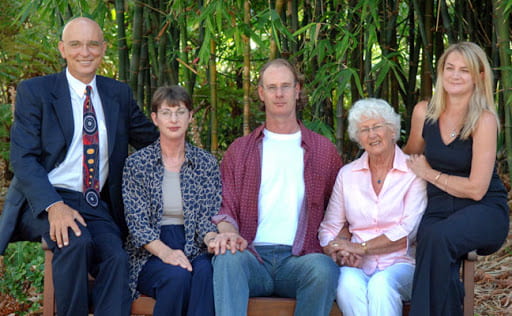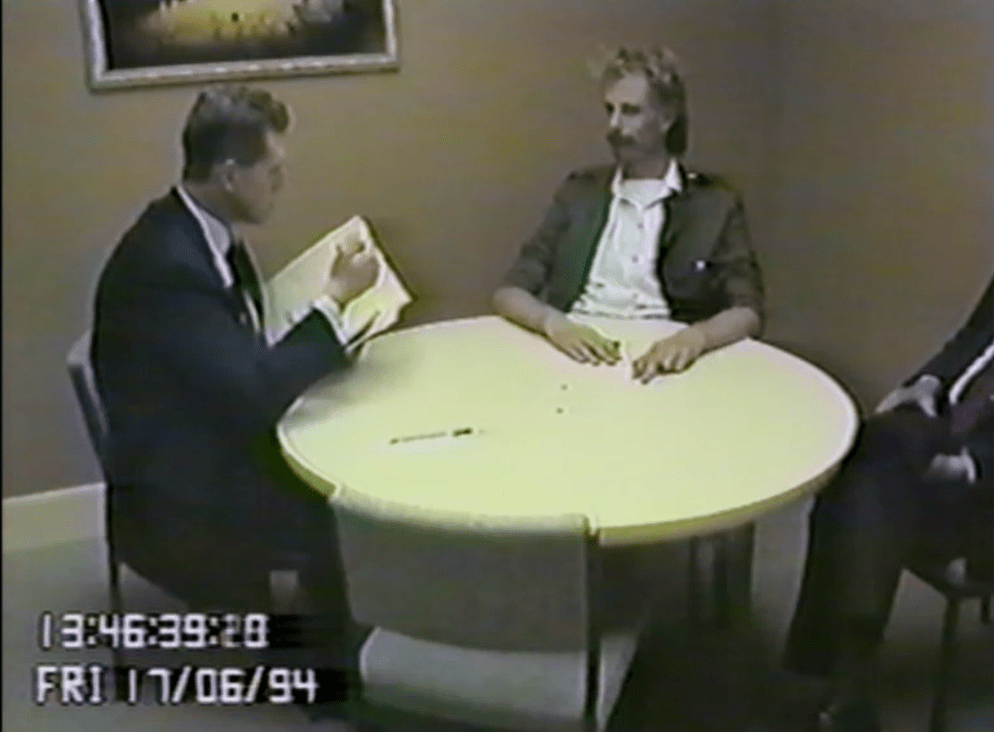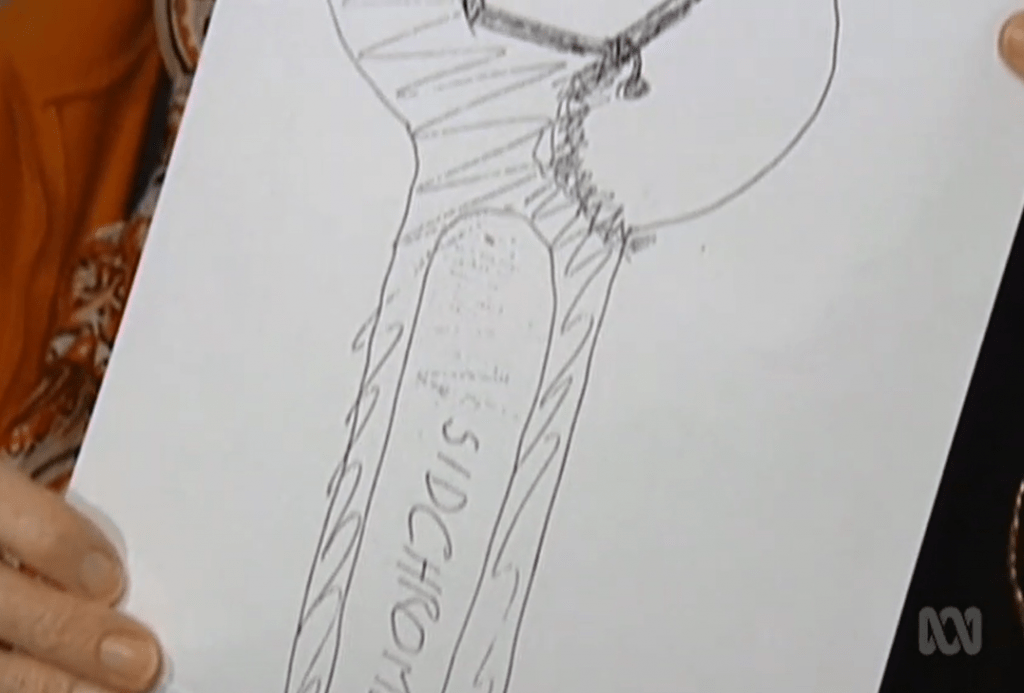In this project, we learnt about the principles of justice that uphold Australia’s legal system, such as equality before the law, sufficient legal representation, access to all evidence, and reliable evidence. I studied the case of Andrew Mallard, and analysed how these principles were both upheld and violated in this case. After writing an essay on the topic, we were required to incorporate feedback and edit the essay so that it was fit for online publication. This essay is the end result of that editing process. It demonstrates my ability to take feedback, and to refine a piece of written work to produce a professional result.

Justice is the idea and concept that everyone should be treated fairly and with equality. It is extremely important that justice is served and upheld in courts so that the court procedures treat everyone with respect and protect their rights. In the Andrew Mallard case, justice was partly upheld but mostly compromised. This case revolves around the death of Pamela Lawrence. On 23 May 1994, Pamela Lawrence was bludgeoned on the head and killed in her own jewellery shop. This was a horrible shock to the whole of the Western Australian community and there was huge pressure on the police to find and identify the killer.
Along with another 136 people, Andrew Mallard was seen as a possible suspect as he had a previous record of petty crimes around the area, was homeless and also mentally ill. He went through many long and tedious interviews, until he was seen by the prosecution to be the prime and only suspect. Mallard was then taken to court. Mallard’s many court trials resulted in the jury’s final verdict that Mallard was guilty, and the judge sentenced him to life imprisonment. After 12 long years of jail for Mallard, many appeals and the involvement of many people, Mallard was set free as an innocent man. Justice was upheld and compromised in the Mallard case through the principles of equality before the law, the right to sufficient legal representation, the right to have access to all evidence, and reliable evidence.
One of the main and most important principles of justice is equality before the law. This principle means that everyone should be treated equally and fairly regardless of their race, ethnicity, gender, income level, or mental capacity. Some people may be disadvantaged in understanding the legal system (such as a person who does not speak English) so it is important that they are provided with support services from the legal system to help them (e.g. a translator). This principle is important in order for justice to be upheld to ensure that everyone has a fair trial and is treated respectfully by the legal system without being disadvantaged because of their appearance or other aspects of their life.
In the Mallard case, equality before the law was compromised when Mallard was interviewed. On 26 May 1994, Mallard was released from the psychiatric hospital and was brought into the interview room to be questioned on the death of Pamela Lawrence. He was not mentally stable so he should have had either a legal aid lawyer, guardian, psychiatric nurse, or someone else to assist him and support him through the interview. This is unjust because the police were able to persuade Mallard to agree to statements “that only the killer would know” such as small things like the way the door opened from the back of the shop. The prosecution used these statements to form the basis of their case and called it a “confession”. They also presumed that Mallard was guilty before anything was proven in court and so they manipulated evidence (their police notes) to match their presumptions. This is another way that justice was not served through equality before the law. However, even though this principle was compromised in the initial trial, it was partly supported during his later appeals. Colleen Egan (a journalist that became involved in the Mallard case), and John Quigley (a well-known solicitor) saw these injustices and made the court aware of it. This led to the prosecution not being able to rely on their “confession” evidence against Mallard. The principle of equality before the law can be improved by making sure that everyone that is disadvantaged in understanding the legal system is provided with assistance whether it is to guide them through the legal system or support them in interviews.
Another principle of justice is the right to sufficient legal representation. This outlines that the accused is allowed to have experienced legal representation and if they do not believe that their representation is good enough, they can request to receive a different representation. This is important as it could greatly disadvantage one party if they have less experienced and resourced lawyers and legal team compared to the other party. A murder trial is usually very complex, and a lot of work would be required to present or rebut the evidence in a convincing way before the jury.
This principle was not fully upheld in the Mallard case and was compromised when Patrick Cogan (Mallard’s first legal aid lawyer) realised and agreed with others that he was not experienced enough on the Supreme Court procedures or in the severity of this case, so he requested for a more senior counsel. This request was denied which disadvantaged Mallard in the first court hearing as the defence lawyer’s experience and skill level was much lower compared to the prosecutions. Justice was then supported when Mallard’s family reached out to John Quigley and Malcolm McCusker QC (a very experienced lawyer) to become involved and represent Mallard in the High Court appeal. With their experience, they were able to find holes in the prosecution’s case, spot other injustices that occurred in the legal system, and use their out-of-the-box thinking to overturn Mallard’s conviction. Justice was upheld through the principle of sufficient legal representation in this situation because the legal system allowed John Quigley and Malcolm McCusker to help and represent the defence. Because this principle was not wholly protected in the Mallard case, it can be improved so that all requests regarding a more experienced person are accepted especially for those that are vulnerable (For example, an accused that is mentally unstable) or in the Supreme or High Court (as it would mean that the case is quite severe).
The right for both parties to have access to all evidence is a principle of justice which was not upheld in the Mallard case. This principle of justice is very important because it can disadvantage a party because of their lack of knowledge, information, or evidence. In the Mallard case there was undisclosed information and evidence that the defence was not aware of regarding a forensic pathologist’s report. The wound pattern on a pig’s head after it was hammered with the supposed weapon used to kill Pamela Lawrence to replicate her injury, was documented. On the document, the pathologist concluded that the weapon that Mallard was accused of using to kill Pamela Lawrence, could not have been used because the wound pattern on Lawrence was completely different to the one on the pig’s head. Original witness statements were also found which had been tampered with and edited by the prosecution to align more closely to their case. This included 13-year-old, Katherine Barsden’s statement which outlines the appearance of the killer as she passed the jewellery shop on the way home from school. This information should have been accessible to the defence as soon as it was discovered by the prosecution, as it would have greatly increased the chance of the defence supporting Mallard’s innocence. However, when this evidence was eventually disclosed to the defence, they were able to go to the High Court and show that that there were reasonable grounds for an appeal to occur. To improve this principle, all original information and evidence should be passed through a reliable person who makes it accessible to both parties. It is also both parties’ responsibility to give the other party the information that they are not using to support their case. For example, in Mallard’s case, the prosecution should have given the pathologist’s report on the pig’s head to the defence for them to use.
Justice was also miscarried through the principle of reliable evidence. Reliable evidence is all evidence that is direct, can be proved to be correct and/or can be supported by other information. This is important as it ensures the jury is not misled into convicting an innocent person because they were told false evidence about the accused. In the Mallard case, Mallard was accused of using a 12-inch wrench that he supposedly found in the shed behind the jewellery store and used it to kill Pamela Lawrence. There was no real evidence that the weapon that Mallard had described existed and was used. Instead, the false information of Mallard using the 12-inch wrench was only backed up by Mallard’s theory and drawing that he had sketched under duress and after being subject to policy violence during an interview. This was very unfair to Mallard and the defence as the jury was falsely lured into believing the prosecution’s deceptive case. All of Mallard’s statements (including the one about the killing weapon) should have been supported by other evidence as he was most likely theorising and not telling actual facts. Justice was also compromised through the police only taking handwritten notes when they could have used the freely accessible cameras to record Mallard’s hour-long interviews. This would have been a much more reliable and direct way of presenting evidence to the jury. This was unfair to the defence as the jury believed the notes by the police as much as they did the sparse video recordings that were disclosed to them. To protect the principle of reliable evidence, and avoid unjust situations like Mallard’s case, all evidence should be produced in a way which is direct (such as surveillance camera recordings) or supported by other evidence which can prove its reliability.
Overall, justice was not strongly upheld in the Mallard case because of the violation of the principles of equality before the law, right to sufficient legal representation, right to access all evidence, and reliable evidence. Over time, the legal system is gradually improving and by recognising the serious mistakes made in previous cases where justice was greatly compromised (like the Mallard case), we can protect and improve the principles of justice to ensure that justice is served in future cases.


